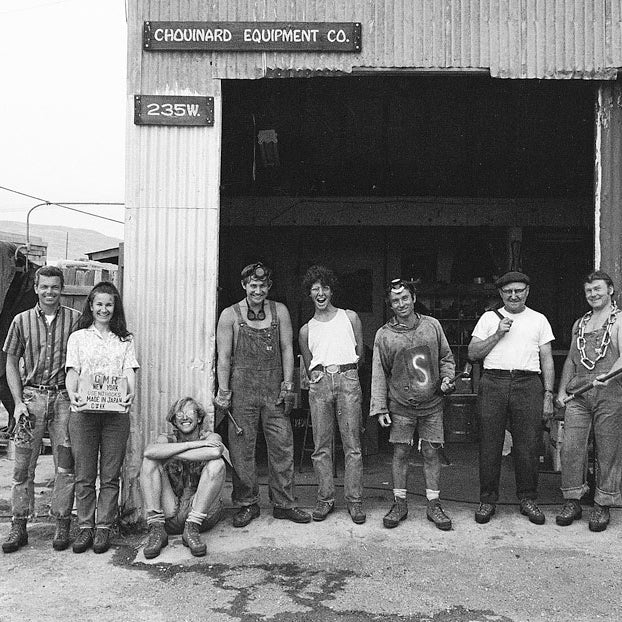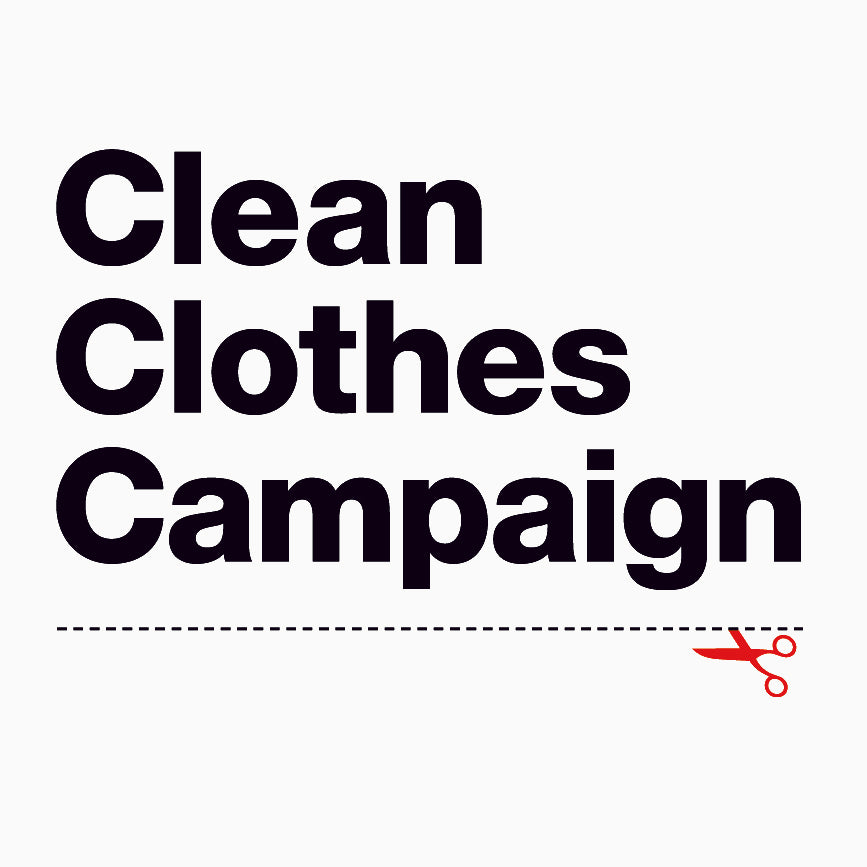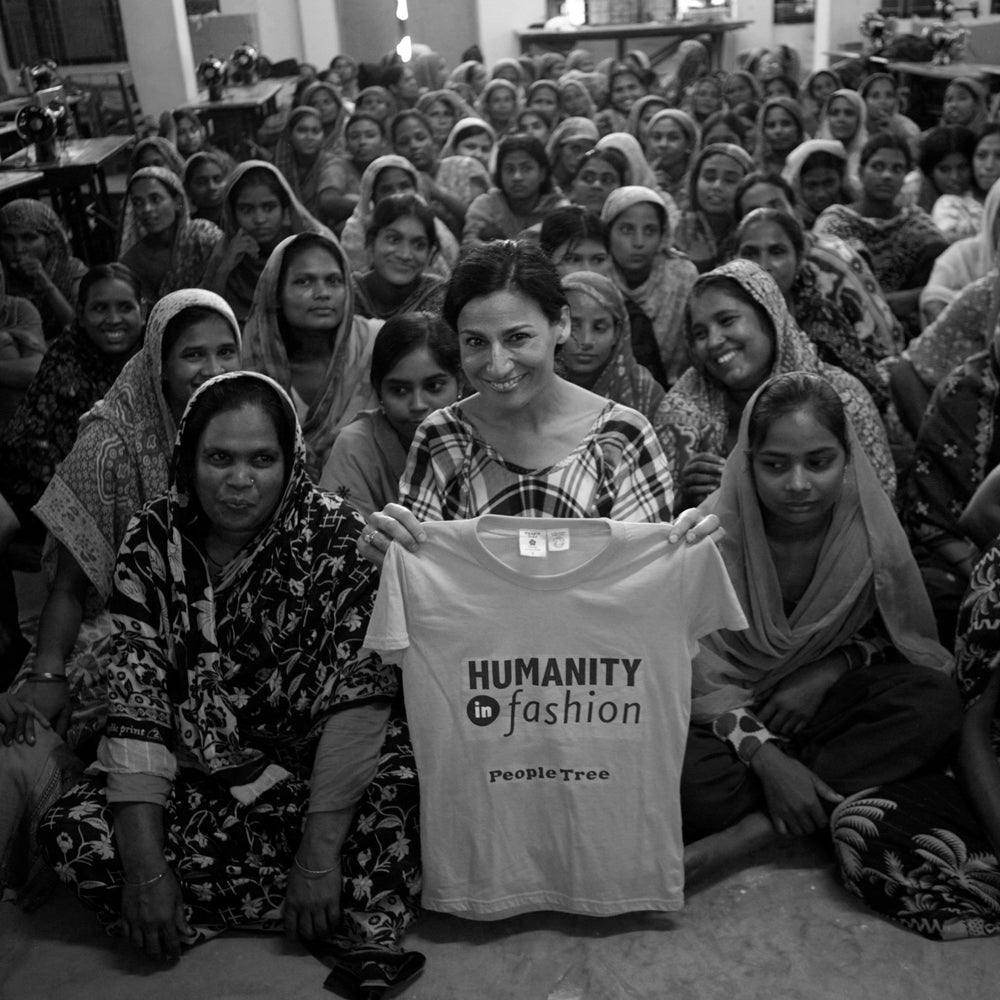Walk up to a menu at any fast food chain and you will see the calorie count of the food items listed. Not long ago we were blissfully ignorant of fast food’s caloric impact… or at least pretending to be. ‘Really? I had no idea this coffee drink has more sugar than a cinnamon roll…’. Then somewhere along the timeline between triple cheese burgers and artisanal egg white sandwiches, the customer was offered choice. Or maybe we demanded change.
Choice and change came passively. A calorie label printed in small font on a menu hardly a revolution makes, but the subtle labelling suggests the consumer is expected to think independently. The shift toward more healthful choices on offer should not be understated. It could be visually helpful to imagine being given a ballot and pencil in lieu of a paycheck.
In this information age it is our job to be conscientious consumers who study up and pay attention to our surroundings. No more feigned innocence, if we chose the triple cheese burger it is with the knowledge that we crave a guilty pleasure and that we will get back to our garlicky kale— tomorrow.
Akin to the fast food vs. organic slow food choices, we have fast fashion and Slow Fashion (#slowfashion) to choose from. Since the industrial revolution, fashion manufacturing has been racing to the top for both output and speed.** Now that apparel production has surpassed its steady course, we have the right to call a time-out and remember that ‘Aha! We have choice! Let’s use those ballots we were given!’
Baby & Company continually researches and reaches out to get to know the nascent Slow Fashion community. We love the businesses and non-profits that give us choice, change and hope. Patagonia, Zady, Everlane, the Clean Clothes Campaign, People Tree, Swallows and more are responding to the queries of earth-conscious consumers and retailers alike. Outdoor apparel company Patagonia’s founder, Yvon Chouinard, has developed a global brand that works at a grass-roots level to preserve habitat and waterways while continuously experimenting on a molecular level to improve the way Patagonia resources materials. Chouinard’s dedication to good simple designs ethically made puts the earth first and profit second. His company offers an alternative to the fast fashion options fighting for our voting dollars.
Our choices display our wisdom. As Maya Angelou said, “I did then what I knew how to do, now that I know better, I do better.’ Our addiction to fast fashion is analogous to our desire for fast food; there’s instant gratification and empty calories, complete with a next day hangover as we realize the quality of the goods we bought doesn’t match our desire to outwit the current throw away culture.
Every brand carried at Baby & Company goes through a vetting process before it gets to come home with us to Seattle. We encourage each other to research and ask for transparency from the vendors we work with showing their practices. We want to create a retail space where the goods are pre-vetted so that our friends and family can shop with ease, trusting the ethicacy of the garments. We want you to crave and imbibe these goods without the nastiness of a fast fashion hangover. Our business model, like Patagonia’s should support the eco-system it’s a part of, offering choice, change and hope.
*The fashion industry makes 3 trillion dollars annually. http://www.bls.gov/spotlight/2012/fashion/
** The fashion industry is the second largest creator of pollutants, second only to the petroleum industry. “The True Cost, a Fashion Documentary” directed by Andrew Morgan.
This week we're celebrating a few of the companies and collectives that have emerged as leaders in Slow Fashion, whether a young startup, or a firmly established international brand. These groups have been paving the way, and have shown us what is possible.
Patagonia patagonia.com

Patagonia, Inc., based in Ventura, California, is a leading designer and retailer of core outdoor and sport-related apparel, equipment, footwear and accessories. The company is recognized internationally for its commitment to authentic product quality and environmental activism, contributing over $55 million in grants and in-kind donations to date. Incorporating environmental responsibility into product development, the company has, since 1996, used only organically grown cotton in its clothing line. The company’s entire product line is recyclable through its Common Threads Partnership. Always pushing for transparency, Patagonia’s Footprint Chronicles® microsite explores the company's environmental and social footprint.
This past fall Patagonia became one of the first major outdoor-clothing companies to offer Fair Trade CertifiedTM apparel. "Patagonia’s ground breaking commitment to Fair Trade apparel marks a significant turning point for the apparel industry as a whole,” said Paul Rice, President & CEO of Fair Trade USA. “They’re showing the world that style and ethics don’t have to be mutually exclusive, and that transparency, sustainability and good businesses go hand in hand.”
Clean Clothes Campaign cleanclothes.org

The Clean Clothes Campaign is is an alliance of organizations dedicated to improving working conditions and supporting the empowerment of workers in the global garment and sportswear industries. Since 1989, the CCC has worked to help ensure that the fundamental rights of workers are respected. They educate and mobilize consumers, lobby companies and governments, and offer direct solidarity support to workers as they fight for their rights and demand better working conditions.
Everlane everlane.com

Uniquely, Everlane is a direct-to-consumer brand that stands out on their ethos of providing consumers with “radical transparency” in the production and supply chains of their line of apparel and accessories. With an in-house design team who obsess over every detail, Everlane offers a curated selection of products, opting for selling what they believe to be the best version of each type of product, instead of selling as many options as they can come up with. Everlane spends months seeking out the best factories, which are often the very same factories producing for other luxury labels.
Everlane's model is built on what they call "radical transparency," urging consumers to "Know your factories. Know your costs. Always ask why."
People Tree peopletree.co.uk

People Tree is recognized by customers and the fashion industry as a pioneer in Fair Trade and environmentally sustainable fashion. For over twenty years, People Tree has partnered with Fair Trade artisans and farmers in the developing world to produce a collection of ethical and eco fashion. Fair Trade is about creating a new way of doing business, creating access to markets and opportunities for people who live in the developing world.
People Tree create an alternative to fast fashion, hand crafting garments in organic cotton and sustainable materials, using traditional skills that support rural communities.
***All brand images and company information above sourced from their respective websites.
